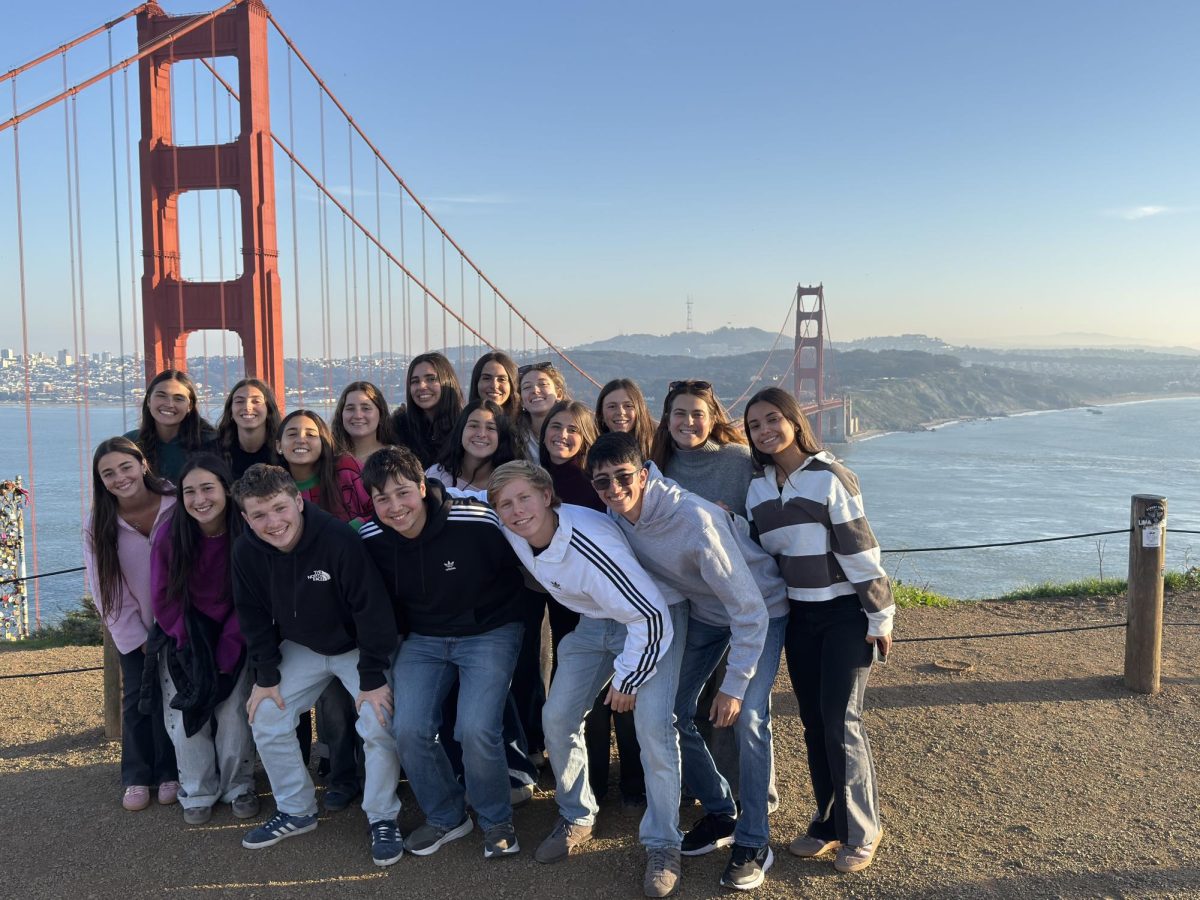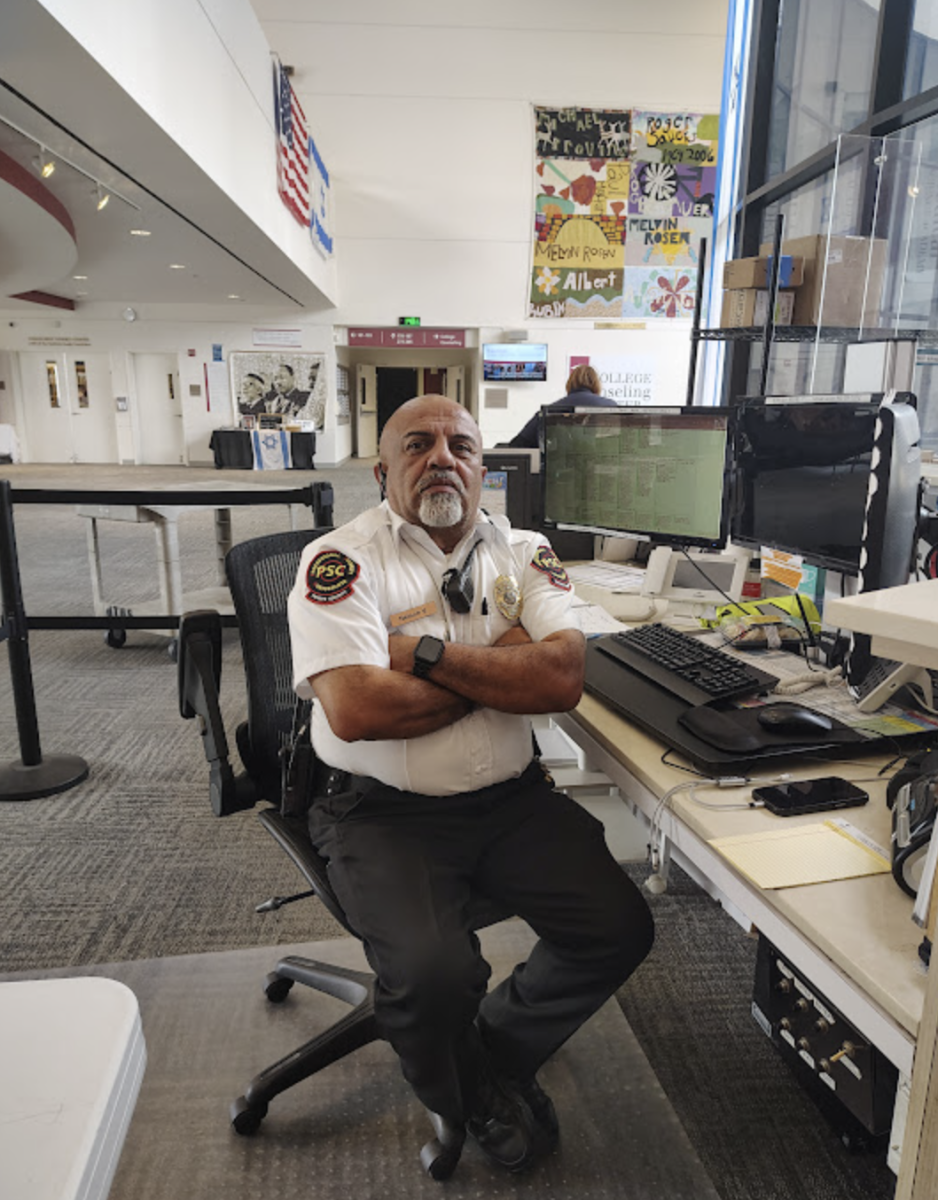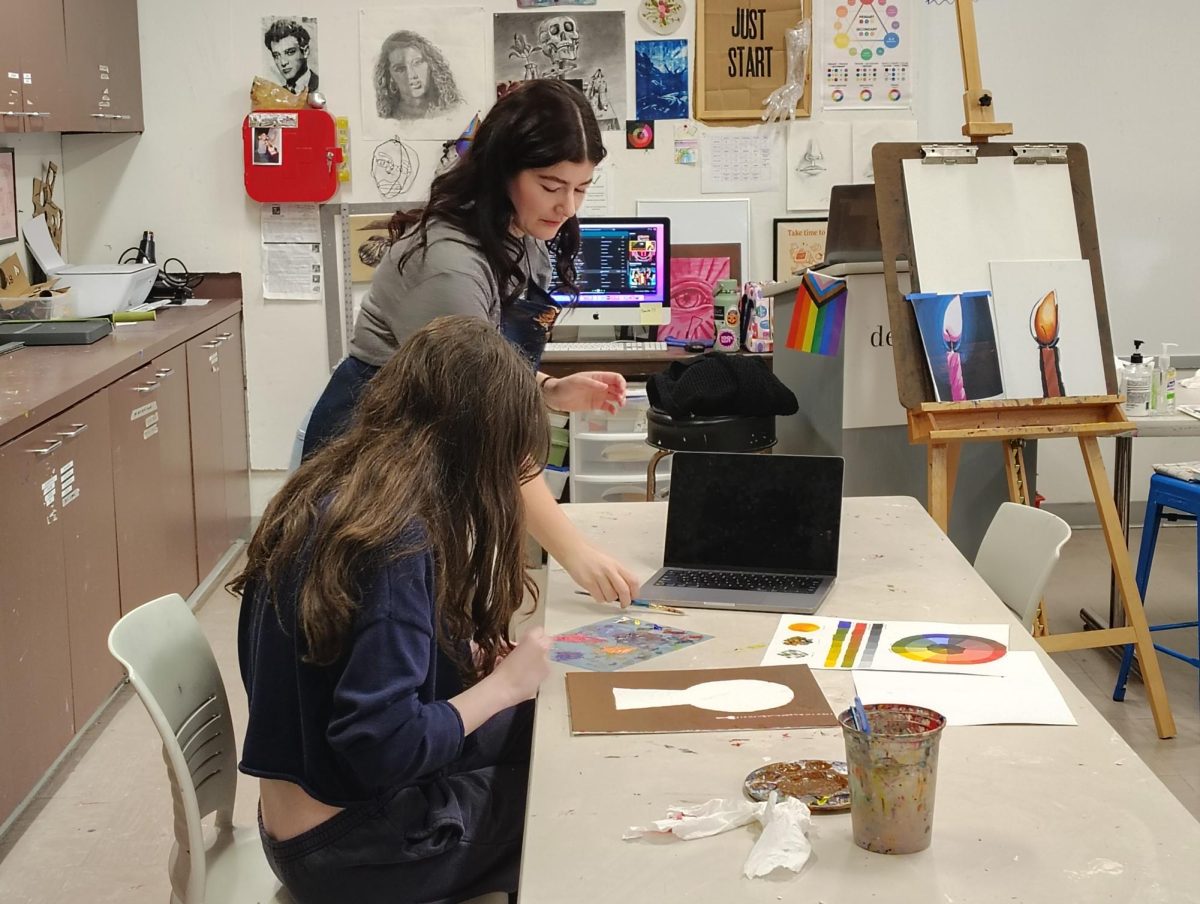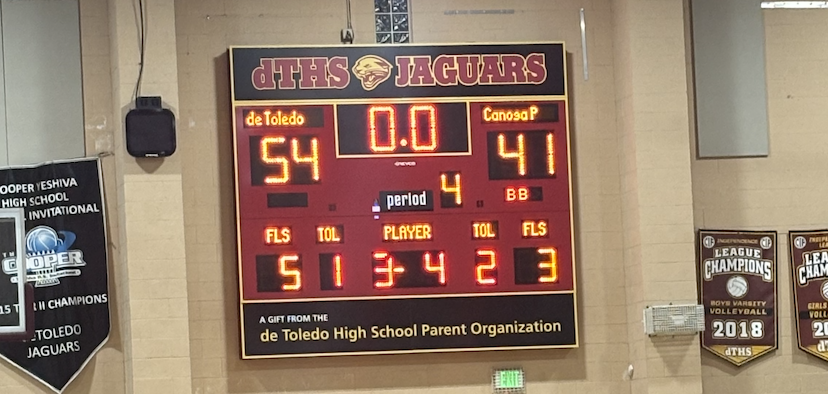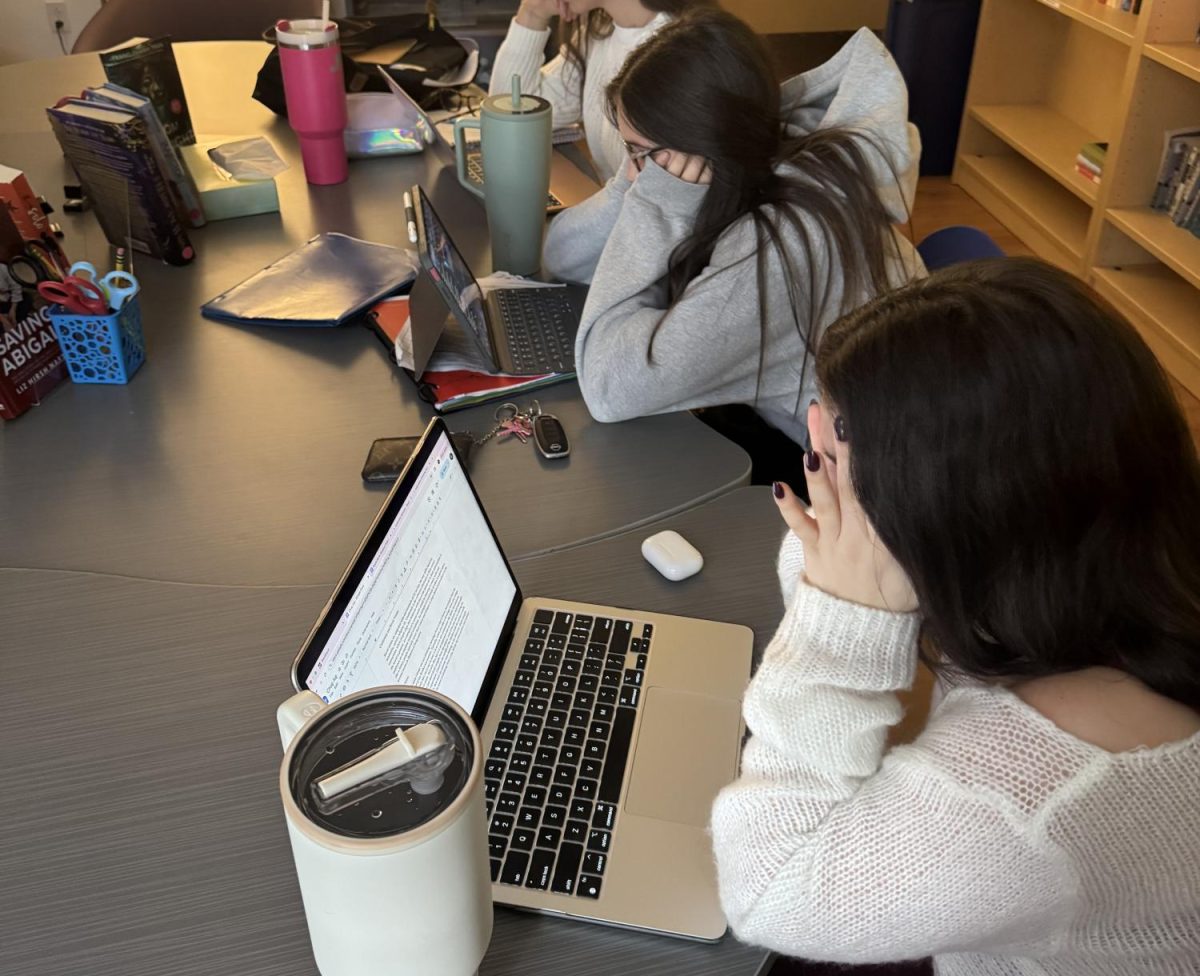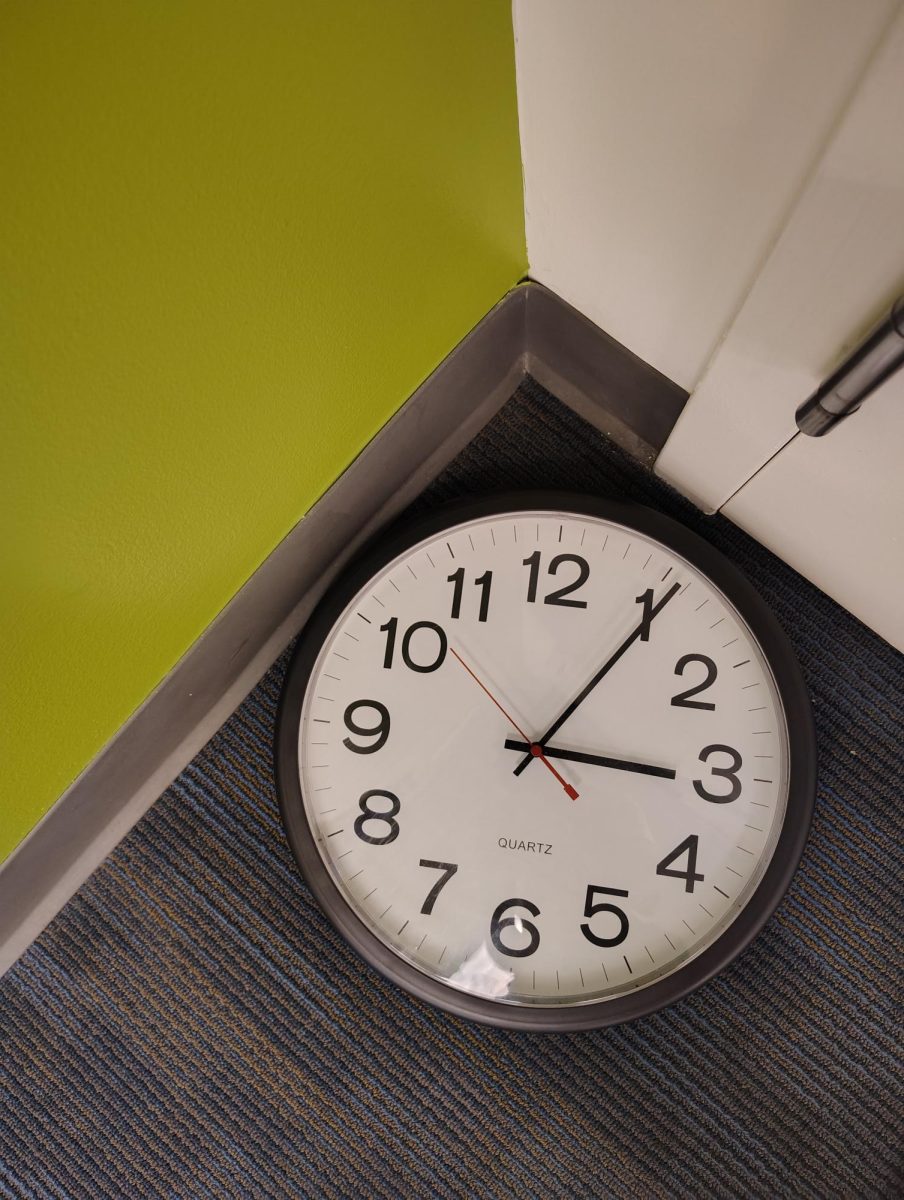Actor, Age 90, Becomes Oldest Space Traveler
Space Tourism Is Developing Rapidly–Will There Be a Seat For You?
Space tourism is something people around the globe have dreamed of since science fiction movies came to theatres. Since the first human traveled to space in 1961, the only people able to visit this new frontier were trained astronauts.
Becoming an astronaut is a long and grueling process. National Aeronautics and Space Administration (NASA), requires the following:
- A Master’s Degree In A STEAM (Science, Technology, Engineering, Arts, and Math) Field
- At Least Two Years Of Related Professional Experience Obtained After Degree Completion, Or At Least 1,000 Hours Pilot-In-Command Time On A Jet Aircraft.
- Ability To Pass The NASA Long-Duration Flight Astronaut Physical.
Many people who would like to experience space don’t have these qualifications, and might be too far along in their lives to get them. Space tourism would allow anyone, no matter their qualifications, to get this once-in-a-lifetime opportunity. In about 10 years, space tourism tickets will be approximately $10,000. As of now, getting yourself a seat on Jeff Bezos’s Blue Origin rocket could range from $250,000 to $500,000.
One of the most well known television shows that featured space travel was Star Trek. William Shatner, now 90, who played the role of Capt. James T. Kirk, recently broke the record as the oldest person to go to space. This record was previously held by 60-year-old Dennis Tito, who spent eight days at the International Space Station (ISS).
Although Shatner only traveled to the edge of space and back, he is still the new record holder. After the flight, Shatner gave an emotional speech outside the vessel, saying, “I hope I never recover from this. I hope that I can maintain what I feel now, I don’t want to lose it. It’s so much larger than me and life; it hasn’t got anything to do with the little green and blue orb. It has to do with the enormity and the quickness and the suddenness of life and death. Oh my god, it’s unbelievable.”
Sure, traveling to space seems like an amazing experience, but so does going to Six Flags. So, you may ask, why is space tourism important? One of the reasons space tourism is important is because it will boost the economy. Bank of America Merrill Lynch predicts that the space tourism industry could be worth $2.7 trillion in 30 years. Spending this kind of money on new developments will allow the cost of space tourism to become amortized. For example, the current price of launching a satellite into space can range anywhere from about $50 million to a high of about $400 million. Developing more cost efficient rockets would also open the door for scientists to conduct more frequent research about space flight.
Scientific discoveries have been happening in space ever since the first astronauts opened the door to the space station on Nov. 2, 2000. This is a secondary reasoning for the current development of space travel: as of 2020, nearly 3,000 experiments have been conducted on the ISS. Out of all the experiments conducted, the most popular relate to biology and biotechnology, followed by technology and development.
Although space tourism may be seen as a millionaire’s playground, it has many benefits that would help our constantly evolving society–space experiments, tourism, and technology. When the space race first began, these were things humans never thought were possible, but as science and technology continue to evolve, the possibility draws nearer and nearer
.

Cole Plager is a 16 year old Junior at de Toledo High School. He is interested in Cybersecurity and Technology. This year in Journalism, he will be writing...




